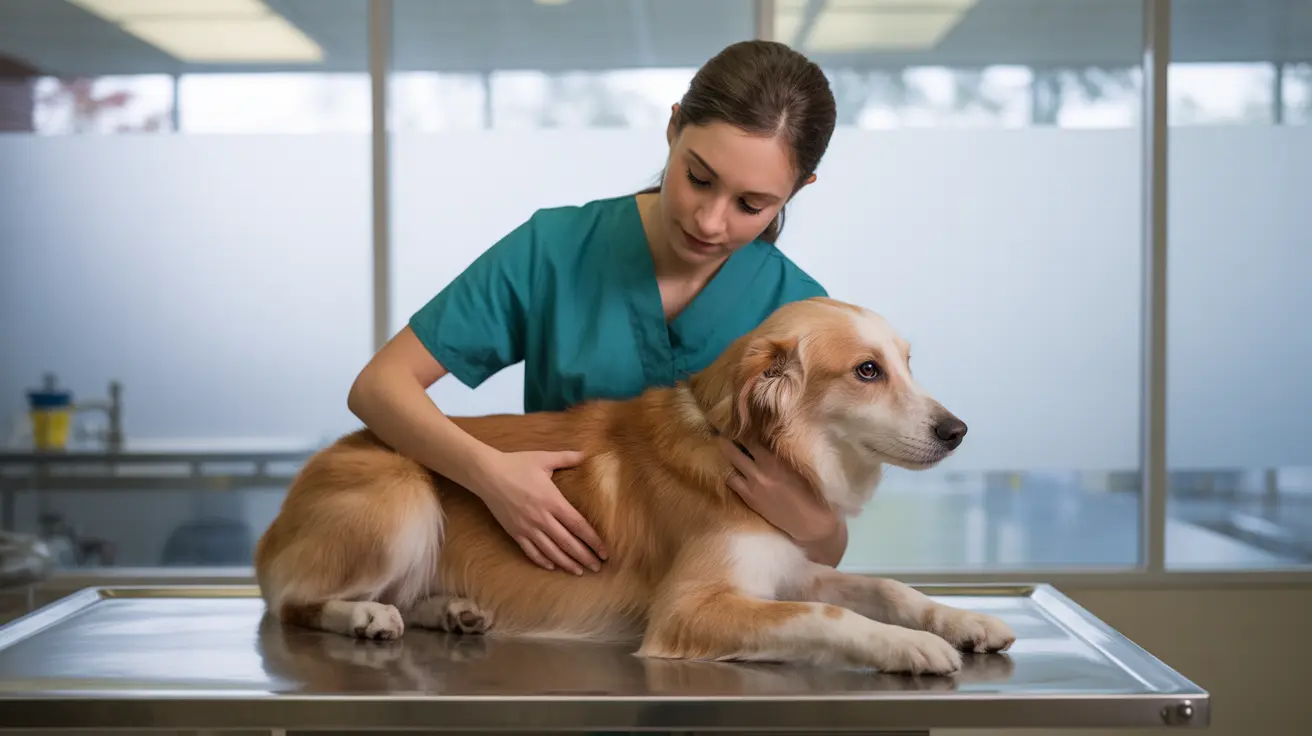Basset Hounds, with their distinctive droopy ears and soulful eyes, have captured hearts worldwide. Understanding their age progression, lifespan, and care requirements is crucial for any current or prospective owner. This comprehensive guide delves into everything you need to know about Basset Hound age and longevity.
Expected Lifespan of Basset Hounds
The average Basset Hound age typically ranges from 8 to 12 years, though some can live up to 17 years with exceptional care. Recent studies, including a 2024 UK report, suggest a median life expectancy of 12.5 years, slightly exceeding the average for purebred dogs. This longevity depends significantly on various factors, including genetics, healthcare, and lifestyle choices.
Life Stages and Development
Puppy Stage (0-1 year)
Basset Hound puppies require special attention during their first year. Starting at 10-15 pounds at two months, they need proper nutrition and socialization to develop into well-adjusted adults. This stage is crucial for establishing healthy habits and preventing future health issues.
Adult Years (1-7 years)
During adulthood, Basset Hounds typically weigh between 40-80 pounds. This period requires consistent exercise and dietary management to prevent obesity, a common concern in the breed. Regular veterinary check-ups help monitor their health and catch potential issues early.
Senior Phase (7+ years)
After age seven, Basset Hounds enter their senior years. They may show signs of aging such as graying fur, reduced energy, and increased health concerns. Adjusting their care routine, including diet modifications and gentler exercise, becomes essential during this stage.
Health Factors Affecting Lifespan
Several health conditions can impact a Basset Hound's longevity. Key concerns include:
- Gastric dilatation-volvulus (bloat)
- Orthopedic issues
- Primary open-angle glaucoma
- Heart disease
- Cancer (responsible for 31% of deaths in UK studies)
- Obesity-related complications
Maximizing Your Basset Hound's Lifespan
To help your Basset Hound reach their maximum potential age, consider these essential care practices:
- Maintain regular veterinary check-ups
- Provide daily exercise appropriate for their age and ability
- Monitor weight and control portions
- Clean ears and skin folds regularly
- Engage in mental stimulation activities
- Address health issues promptly
Frequently Asked Questions
What is the average lifespan of a Basset Hound and how long can they live with proper care?
Basset Hounds typically live 8-12 years, though with excellent care and good genetics, some can reach up to 17 years. The current median life expectancy is approximately 12.5 years according to recent studies.
What health issues commonly affect Basset Hounds and how do they impact their life expectancy?
Common health issues include bloat, orthopedic problems, glaucoma, and cancer. These conditions can significantly impact lifespan if not properly managed through regular veterinary care and early intervention.
How can I help my Basset Hound live longer through diet, exercise, and veterinary care?
Maintain a healthy weight through proper diet and portion control, provide regular exercise, schedule routine veterinary check-ups, and address health concerns promptly. Mental stimulation and social interaction are also crucial for overall well-being.
At what age is a Basset Hound considered a senior, and what special care do they require?
Basset Hounds are considered seniors around age 7. They may need dietary adjustments, more frequent health check-ups, and modified exercise routines. Special attention should be paid to joint health and weight management.
Why are Basset Hounds prone to obesity and how does weight affect their overall health and longevity?
Their low-set body structure and tendency to be less active make Basset Hounds prone to weight gain. Obesity can severely impact their joint health, heart function, and overall lifespan. Maintaining a healthy weight through proper diet and exercise is crucial for longevity.
Understanding and addressing your Basset Hound's age-related needs throughout their life stages is key to ensuring they live a long, healthy, and happy life. With proper care, attention, and regular veterinary support, you can help your beloved companion reach their full life potential.






